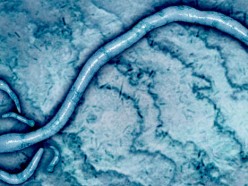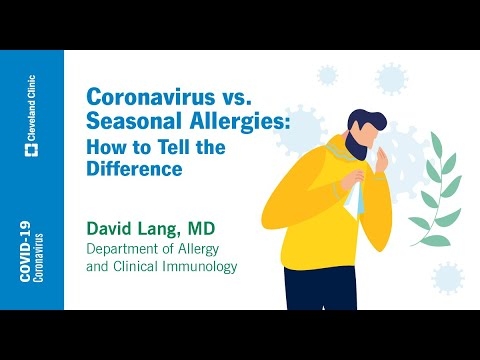Although eating disorders are a common problem in the United States, they are difficult to identify and treat. It is estimated that 30 million Americans will have an eating disorder at some point in life.
Unfortunately, more people die of an eating disorder than any other psychiatric disorder—the condition can impact health, emotional well-being, and the ability to function in daily areas of life. You can help your friends or loved ones by providing your understanding and support, especially because treatment is a lengthy process. But first, you need to know what to look for.
Binge Eating
Someone who is binge eating will eat large amounts of food in short periods of time until they become uncontrollably full. This is often accompanied with an out-of-control feeling. This type of eating disorder can be the most challenging to spot, because episodes of binge eating may happen only periodically and in private.
Anorexia
Rapid weight loss is an obvious sign of anorexia. This disorder causes the individual to feel that they are still overweight, regardless of how thin they have become. Someone who is anorexic may refuse food by claiming not to be hungry, eat only one small meal a day, or avoid social situations altogether. Physical symptoms include pale skin, dry skin, trouble sleeping, thin hear, concentration issues, and dizziness. Females with anorexia might stop menstruating.
Bulimia
It is not uncommon for someone suffering from bulimia to be constantly dieting and hiding food. Usually, those with bulimia will eat to the point of uncomfortably full before stopping—but this usually happens in private. Signs of bulimia include using the bathroom immediately after eating, marks on the back of the hands (from inducing vomit), and routine use of laxatives.
If someone you know fits these descriptions, talk to them about what they are going through and explain the health risks. It is important to encourage your friend or family member to seek help from a medical professional.
Spotting an Eating Disorder
Posted On: 11-24-2017

See Related Articles
6 Dangers of Drinking Soda
The availability of studies that warn about the risks of dri ...
Posted On: 09-09-2015
read more
A Breakdown of Artificial Sweeteners
Artificial sweeteners are found in many different products, ...
Posted On: 11-23-2015
read more
A Long Road for Ebola Survivors
The patients afflicted with the Ebola virus in the United St ...
Posted On: 12-19-2015
read more
Are You Getting Enough Fiber?
Fiber is a type of carbohydrate that is mainly found in frui ...
Posted On: 09-15-2017
read more
Benefits of a Gluten Free Diet
Going gluten free has sparked a dieting fad, and experts are ...
Posted On: 09-23-2015
read more
Bowel Control Loss: Do You Need Surgery?
Your body’s systems, muscles, and nerves all work together ...
Posted On: 07-19-2019
read more
Can You Use Peppermint Oil for Nausea?
The use of essential oils is gaining in popularity. Essentia ...
Posted On: 08-19-2016
read more
Do I Need a Multivitamin?
If you are conscious of your health, you might be wondering ...
Posted On: 12-11-2015
read more
Does Shapewear Cause Health Problems?
Compression undergarments that shape and smooth are quite po ...
Posted On: 04-27-2015
read more
Feedback
















.jpg&w=300&h=320)
.jpg&w=300&h=320)
.jpg&w=300&h=320)
















